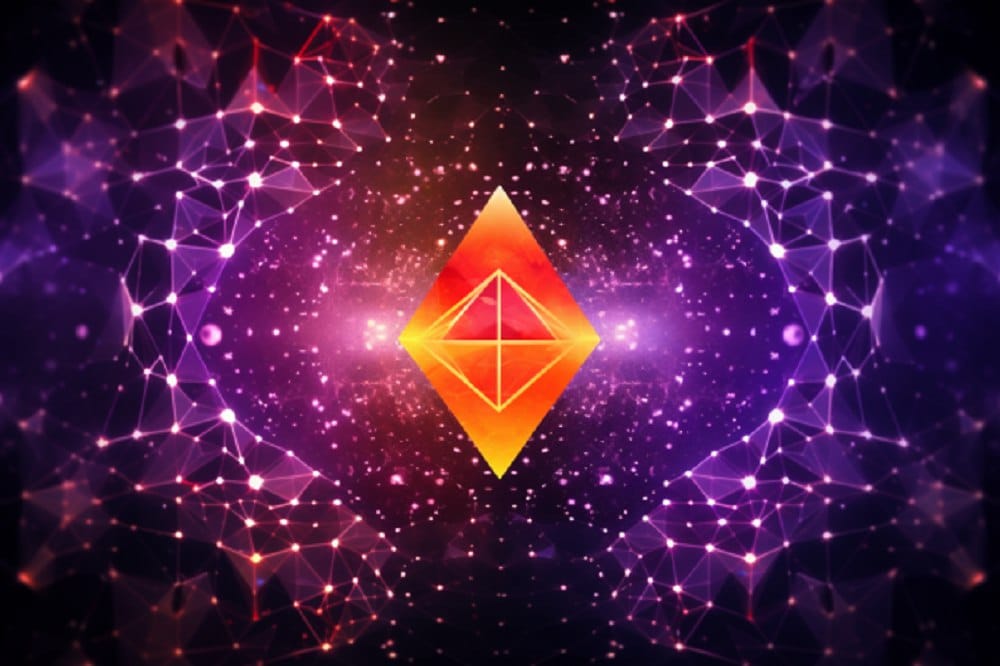Ethereum (ETH), the second-largest blockchain and the bedrock of mainstream smart contracts, celebrated a significant milestone on September 15, 2023. On this day, exactly one year after the activation of The Merge in the mainnet, Ethereum announced that it would replace its long-serving testnet, Goerli, with a new one named Holesky.
This transition signals a new era of innovation and experimentation in Ethereum’s testing infrastructure.
The Legacy Of Goerli
Goerli emerged in 2018 as a pivotal testnet within the Ethereum ecosystem. Its significance lies in its compatibility with Ethereum software written in diverse programming languages.
This versatility made it an invaluable tool for developers seeking to test their applications and smart contracts on a platform mirrored on the Ethereum mainnet. Its seamless interaction with different client software versions was a testament to Goerli’s adaptability and pivotal role in the Ethereum development journey.
However, over time, Goerli encountered challenges that prompted the Ethereum community to seek a more advanced and robust testing environment. One of the primary issues was the need for GoETH test tokens.
This token’s scarcity hindered developers, as they often needed more tokens than were readily available through conventional means. Holesky marks a significant evolution in Ethereum’s testnet.
Besides replacing Goerli, it introduces several vital advancements that promise to enhance the development experience for Ethereum’s global community of developers. One of the most groundbreaking aspects of Holesky is its foundation on the proof-of-stake (PoS) consensus mechanism.
This represents a significant departure from Goerli’s proof-of-work (PoW) architecture. The transition to PoS is a strategic move aimed at addressing the scalability challenges that Goerli faced.
PoS is renowned for its energy efficiency and lower resource requirements than PoW, making it a natural choice for a testnet to provide developers with a more sustainable and robust test environment. By adopting PoS, Holesky opens up easier possibilities for testing and experimentation since Ethereum also runs on the PoS consensus mechanism.
Developers can now explore the nuances of staking within the Ethereum ecosystem, a critical aspect of Ethereum’s future development.
Empowering Developers With Scalability
Another significant limitation of Goerli was its relatively small number of validators. This limitation imposed practical boundaries on accurately simulating real-world Ethereum operations.
In contrast, Holesky boasts an impressive 1.46 million validators. This increase in validator count is a testament to Ethereum’s commitment to providing developers with a proper test environment that closely mirrors the complexities of the mainnet.
This surge in validators empowers developers to conduct experiments at a previously unattainable scale. It also enables them to explore scenarios and applications that require a large and diverse network of participants.
The decision to introduce Holesky at the first anniversary of The Merge is a strategic move that underscores Ethereum’s commitment to continuous innovation and progress. This timing provides a clear demarcation point in Ethereum’s development timeline.
By aligning this transition with a significant milestone in Ethereum’s history, the Ethereum team suggests that they are fully committed to providing developers with the tools and infrastructure they need to build the next generation of decentralized applications and smart contracts. Their approach sets the stage for sustained growth and innovation within the Ethereum ecosystem.
The Sandbox For Experimentation
A noteworthy aspect of this transition is the announcement that support for testnets on Goerli will be discontinued by 2028. This deadline emphasizes the urgency for developers to familiarize themselves with Holesky and migrate their tests to it.
With the introduction of Holesky, Ethereum developers gain access to a fresh sandbox for experimentation. This new environment offers a canvas for developers to explore and test various facets of the protocol.
Whether it’s refining staking designs, experimenting with infrastructure components, or validating protocol-level development ideas, Holesky provides the necessary grounds for innovation. The expanded network of validators and the seamless integration with Sepolia further enhance Holesky’s utility.
Holesky’s adoption of the proof-of-stake (PoS) consensus mechanism reflects Ethereum’s commitment to sustainability and its broader vision for a more environmentally friendly blockchain ecosystem.
The scarcity of GoETH test tokens on Goerli created challenges for developers seeking to conduct meaningful tests without the constraints of real-world value. However, Holesky’s creators have addressed this issue by allocating a substantial quantity of HoleskyETH, ensuring developers have the resources they need for extensive testing and experimentation.
Additionally, the unprecedented number of validators in Holesky enables more complex and accurate simulations. It prepares developers for the scale of operations they may encounter on the Ethereum mainnet.
At Tokenhell, we help over 5,000 crypto companies amplify their content reach—and you can join them! For inquiries, reach out to us at info@tokenhell.com. Please remember, cryptocurrencies are highly volatile assets. Always conduct thorough research before making any investment decisions. Some content on this website, including posts under Crypto Cable, Sponsored Articles, and Press Releases, is provided by guest contributors or paid sponsors. The views expressed in these posts do not necessarily represent the opinions of Tokenhell. We are not responsible for the accuracy, quality, or reliability of any third-party content, advertisements, products, or banners featured on this site. For more details, please review our full terms and conditions / disclaimer.



